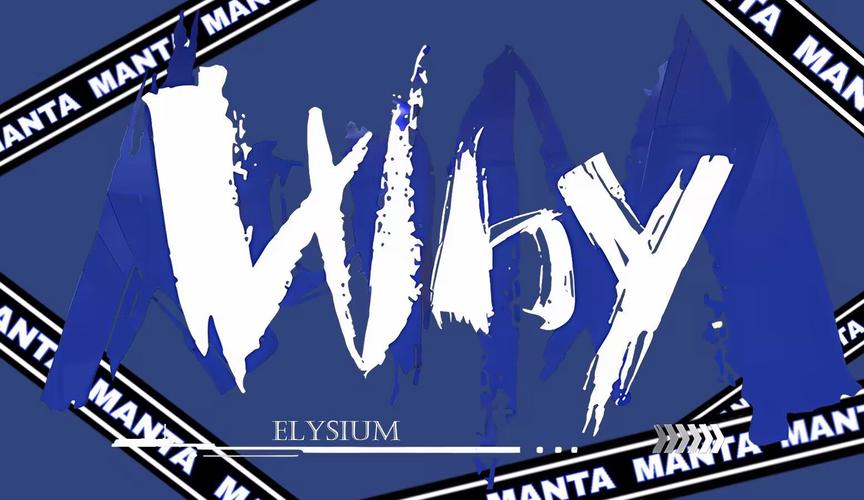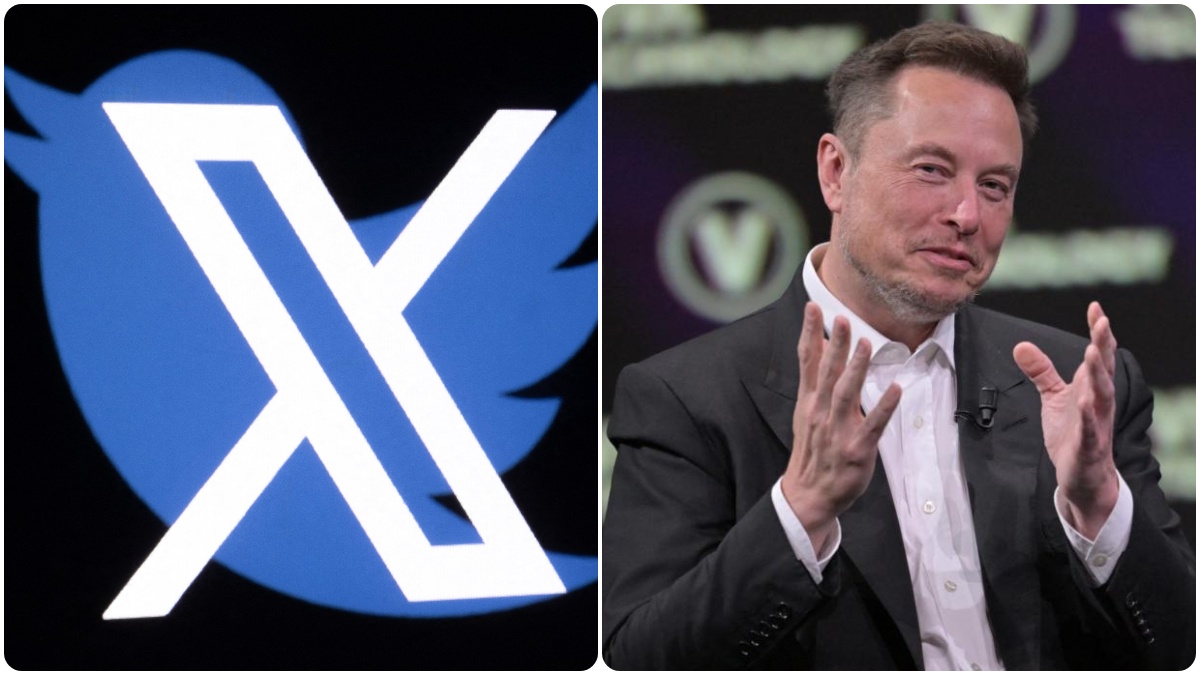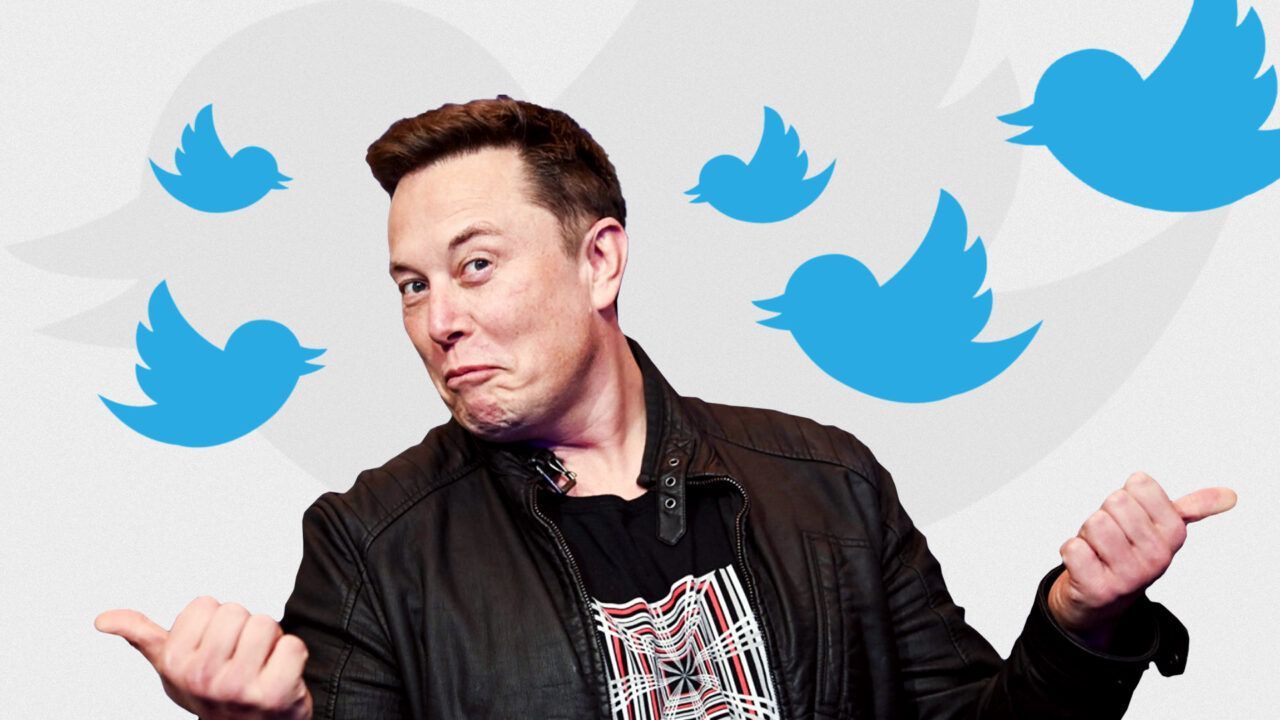Why Musk bought Twitter: The beginning of the disruptive revolution in social media!
 summary:
Why Musk bought Twitter: The beginning of the disruptive revolution in social media!Elon M...
summary:
Why Musk bought Twitter: The beginning of the disruptive revolution in social media!Elon M... Why Musk bought Twitter: The beginning of the disruptive revolution in social media!
Elon Musk successfully completed the acquisition of Twitter for $44 billion (approximately £34.5 billion), securing the social media giant. This highly publicized deal highlights Musk’s exceptional capabilities in business negotiations and financial structuring, while also introducing significant uncertainty regarding Twitter’s future development.
Background and the Battle for Acquisition
Initially, when Musk proposed acquiring Twitter at a price of $54.20 per share, the company’s board quickly implemented a poison pill defense strategy. This tactic, commonly used to deter hostile takeovers, aims to dilute shares and raise the acquisition cost. However, Musk swiftly countered with a detailed financing plan, including the use of his vast personal wealth and support from financial giant Morgan Stanley. His comprehensive funding approach earned the trust of the Twitter board, allowing the deal to proceed.
Goals of the Acquisition and Transformation
With the acquisition completed, Musk’s aim of privatizing Twitter became clear. He believes that Twitter’s current management model has failed to adequately protect freedom of speech globally, which not only restricts the platform’s value but also weakens its role as a hub for public discourse. Musk envisions transforming Twitter into a more open platform with less content moderation.
Reform Promises and Controversies
Throughout the acquisition process, Musk emphasized Twitter’s shortcomings in terms of free speech. He argued that the platform should reduce content restrictions to allow users greater freedom of expression. As a longtime active Twitter user, Musk has proposed various product improvements, such as the introduction of an editing feature, which garnered overwhelming user support. However, his plans to loosen content control, particularly regarding the possible reinstatement of certain banned accounts, have sparked concerns from public discourse groups. Human rights organizations have warned that these policies could exacerbate the spread of hate speech and misinformation.
A particularly notable discussion is whether Musk will reinstate former U.S. President Donald Trump’s Twitter account, which was permanently banned due to the spread of incendiary content. Although Trump has indicated he will not return to Twitter, instead focusing on his own platform, Truth Social, this remains a hot topic of speculation.
Management Changes and Operational Challenges
With the acquisition complete, Twitter’s management structure could face significant changes. CEO Parag Agrawal, who was supported by Twitter’s co-founder Jack Dorsey, appears to have lost Musk’s confidence. Musk has openly criticized Twitter’s current operational management, suggesting during acquisition negotiations that the existing leadership team needs to be overhauled. This indicates potential upheaval within Twitter’s organizational structure and the possible restructuring of its leadership team.
Additionally, Twitter’s future revenue model poses another major challenge. Despite being a globally prominent platform, Twitter has struggled to grow its advertising revenues in recent years. Musk may leverage his experience from Tesla and SpaceX to introduce technological innovations and optimize Twitter’s business model, potentially focusing on subscription services, multimedia content expansion, and blockchain integration to revitalize its commercial prospects.
Expansion of Musk’s Business Empire
Musk’s acquisition of Twitter is a key step in expanding his business empire. As the world’s richest person, with assets exceeding $269 billion (£212 billion), much of his wealth comes from Tesla and SpaceX. Tesla has become a leader in the electric vehicle market, while SpaceX holds a significant position in the commercial space industry. From electric vehicles to space exploration and now social media, Musk continues to break new ground, demonstrating unparalleled business acumen and influence.
However, Musk’s management style remains controversial. His candid and sometimes blunt approach on social media often causes market fluctuations and has led to legal risks. Many question whether he can effectively balance free expression and platform security. While Musk is known as an innovator, his assertive public persona could pose risks for Twitter’s future development.
Global Impact on Social Media
Musk’s acquisition of Twitter not only reshapes the company’s future but also signals a new competitive phase in the global social media industry. Under his leadership, whether Twitter becomes a true bastion of free speech or a source of conflict due to reduced regulation will be a key focus over the next few years. This event is not just a case study for capital markets but also a significant milestone in the global tech and free speech landscape.
Tags: Musk, Twitter, Acquisition, Free Speech, Social Media
References:
 epw.in 14.01.2023 -Musks Twitter Acquisition. Gurumurthy, IT for Change.pdf
epw.in 14.01.2023 -Musks Twitter Acquisition. Gurumurthy, IT for Change.pdf



